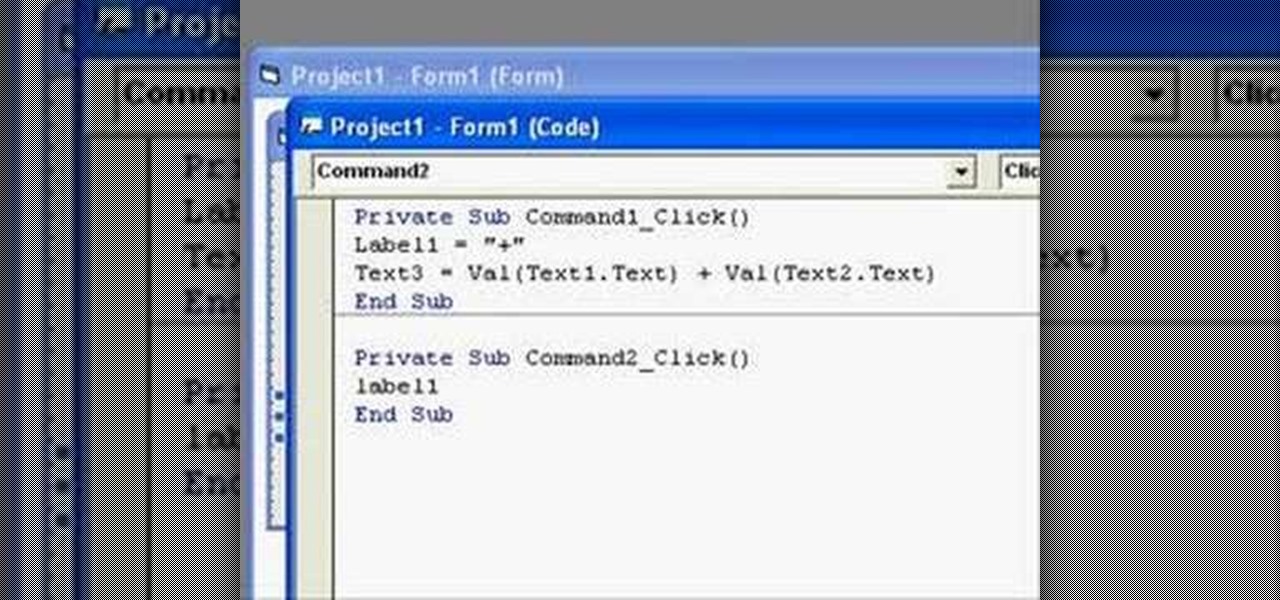Pdf Is De Facto Standard
Posted : admin On 12.01.2020Since 2013, a grassroots effort has been underway to develop Guidelines for Construction PDF Documents. The Portable Document Format (PDF) joined the International Standards Organization (ISO) in 2008 after it was relinquished by Adobe (See ).PDF documents remain the de facto standard for electronic file sharing between DBIO professionals. However, not all PDFs are created equal. These guidelines aim to leverage crowd-sourced answers to the real-world challenges faced by DBIO professionals.Each sub-section represents a shared pain point between DBIO professionals that should be addressed as a project team.
Not all projects will face the same challenges, but it’s likely your project is suffering from at least one. Sub-section topics are broken down into the following categories for the project team to discuss collaboratively.This guideline does not replace any existing Computer Aided Design (CAD) or Building Information Modeling (BIM) standards. It should remain a living reference document to the existing open-source standards we support.
Pdf Is De Facto Standard Example

Every serious project SHOULD have principles and/or requirements defined. Using de-facto standards as add-on for your functional requirements can speed up your project. Below a list of sources of requirements that can speed up business IT projects:Name of REQBusiness Process Models must be based on BPMN 2.0TypeBusiness RequirementdespcriptionBPMN 2.0 must be usedA standard Business Process Model and Notation (BPMN) will provide businesses with the capability of understanding their internal business procedures in a graphical notation and will give organizations the ability to communicate these procedures in a standard manner. Furthermore, the graphical notation will facilitate the understanding of the performance collaborations and business transactions between the organizations.See: of REQDigital Signature Standard (DSS) (FIPS PUB 186 – 4)TypeQoS(Quality-of-Service)despcriptionDigital Signature Standard (DSS) - FIPS PUB 186-4This Standard defines methods for digital signature generation that can be used for the protection of binary data (commonly called a message), and for the verification and validation of those digital signatures. Three techniques are approved.(1) The Digital Signature Algorithm (DSA) is specified in this Standard. The specification includes criteria for the generation of domain parameters, for the generation of public and private key pairs, and for the generation and verification of digital signatures.(2) The RSA digital signature algorithm is specified in American National Standard (ANS) X9.31 and Public Key Cryptography Standard (PKCS) #1.

FIPS 186-4 approves the use of implementations of either or both of these standards and specifies additional requirements.(3) The Elliptic Curve Digital Signature Algorithm (ECDSA) is specified in ANS X9.62. FIPS 186-4 approves the use of ECDSA and specifies additional requirements. Recommended elliptic curves for Federal Government use are provided herein.See: standardName of REQFIPS PUB 198-1:The Keyed-Hash Message Authentication Code (HMAC)TypeBusinessdespcriptionFIPS PUB 198-1:The Keyed-Hash Message Authentication Code (HMAC)Providing a way to check the integrity of information transmitted over or stored in an unreliable medium is a prime necessity in the world of open computing and communications. Mechanisms that provide such integrity checks based on a secret key are usually called message authentication codes (MACs). Typically, message authentication codes are used between two parties that share a secret key in order to authenticate information transmitted between these parties.
This Standard defines a MAC that uses a cryptographic hash function in conjunction with a secret key. This mechanism is called HMAC HMAC. HMAC shall use an Approved cryptographic hash function FIPS180-3. HMAC uses the secret key for the calculation and verification of the MACs.See:standardName of REQImplementation must comply to the”Do Not Track Compliance Policy”TypeImplementationdespcriptionThe website (DNS) is compliant with the privacy-friendly Do Not Track (DNT) Policy of the EFF.org organization.Reference: reference: standardName of REQJSON-LDTypeImplementationdespcriptionJSON-LD is a lightweight Linked Data format.
De Jure Standard

De Facto Example
It is easy for humans to read and write. It is based on the already successful JSON format and provides a way to help JSON data interoperate at Web-scale. JSON-LD is an ideal data format for programming environments, REST Web services, and unstructured databases such as CouchDB and MongoDB.See: of REQPayment Card Industry (PCI) DSS v3.1TypeBusinessdespcriptionThe design/implementation must be compliant with the Payment Card Industry (PCI) Data Security Standard version 3.1PCI DSS provides a baseline of technical and operational requirements designed to protect account data. PCI DSS applies to all entities involved in payment card processing — including merchants, processors, acquirers, issuers, and service providers. Top spin 4.